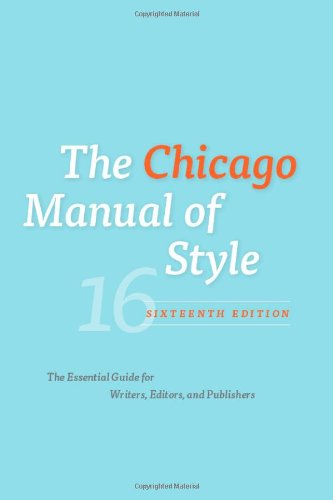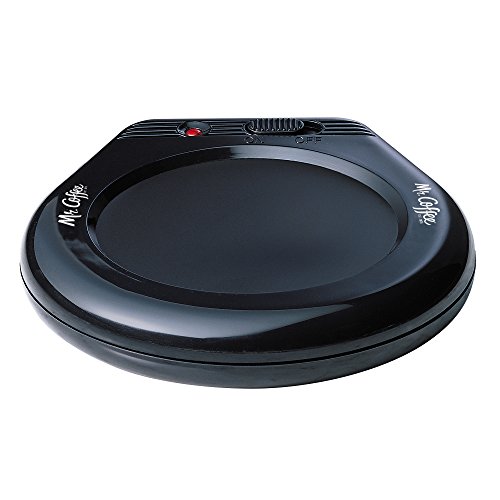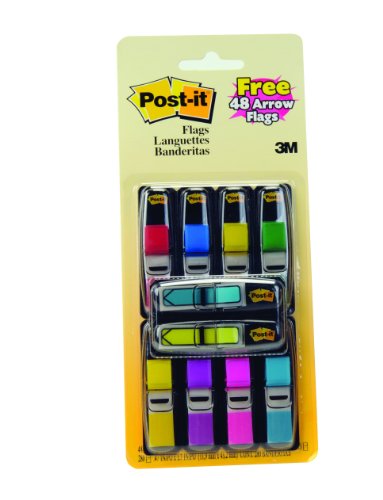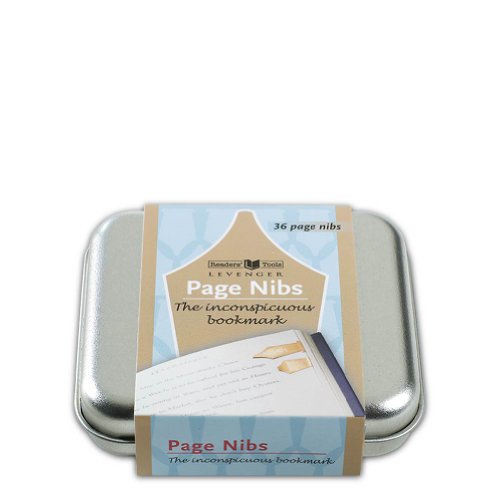Choosing your major in college is a big deal, and for many students, it's a long and challenging process! Once you do choose a degree to pursue, the road can still be a bumpy one.
We asked English majors what advice they have for students who are hoping to become English majors, and they were generous enough to share their hard-earned wisdom with the Dear English Major audience!
"Don't let anyone dictate your choice of major. I was a business major due to my father's wishes, and failed almost every class. My true passion lies with writing, reading, and anything with literature. Now that I am a full English major, I am making straight A's and loving college more than ever. I no longer resent going to class, and I no longer feel less than par. If you want to be an English major, BE ONE! The claims of "you won't get a job" and "there's no money with an English major" are straight lies. Be passionate about your degree, and the rest will fall into place."
-Tristyn Angel, English Major - Rhetoric/Composition, Studies of the Novel
"Create a schedule for your assigned readings, and spread them apart so you aren't cramming. Also, do not try to write a paper in one night. Proofread it when you are done, but leave it alone for a few days. Once you go back to read it, you'll find other things to revise and your paper will be even better."
-Alexis Lawrence, English, Technical Communication
"It's more about writing research papers than it is about reading books under a tree on a sunny day. Be prepared to write 10-20 page papers for multiple classes. And above all, take some time in the day to decompress and relax. Otherwise you'll just burn out."
-Janice Claudio, B.A. English Literature
"Make sure English is EXACTLY what you want your major to be. You must love and have immense passion for reading and/or writing. Trust me, you will be doing both almost 24/7. You will definitely have to read things that may not interest you in any way, shape, or form (i.e. that's Heart of Darkness for me) but, you will always find a powerful meaning within. Best of luck to all English majors!"
-Beth Szymanski, Associate of Arts - English; Student
"Find the Engineering majors and international students, for they are a good source of proofreading income. Also, spread out your reading assignments. You cannot read a 200-page novel and write a paper in 7 hours."
-Christy Welch, Writer / Graphic Designer
"Read everything and anything. Choose writing classes that scare you. If you've never written a poem, take a poetry class. Pick Literature classes that take you out of your comfort zone and expose you to a new genre, literature from a different part of the world, etc. Dare to dream big and always keep a journal."
-Jen Coleson, English BA, Hebrew BA, JD/LLM in Taxation
"Don't allow anyone to make you feel discouraged for your choice of major. A lot of people are going to tell you that you're never going to get a job with an English major, or they're going to constantly ask you if you want to be a teacher; be prepared for it. Just remember that by majoring in English, you're, in a sense, majoring in how to exist as a human being (it's called the "Humanities" for a reason!). If you're truly passionate about English, go for it. That perfect career will follow, and you'll find that you had a fulfilling 4 years of school in the process!"
-Ashley Hawley, Student, B.A. in Creative Writing, expected May 2016
"Intern as much as you can. There are so many possibilities for English majors and by interning, you can narrow your focus."
-Jennifer Beck, English Literature Editor
"No matter what anyone—including your parents—says, don't give up on your English degree and go for a "safe" degree like engineering or the medical field. Do what you love, and the jobs will come."
-Sarah Glover, B.A-English Language and Literature
"You can do ANYTHING with an English major. It teaches you so many skills that you can't get with a science/math/engineering degree. Do what you love, and you'll love what you do. Also, be prepared for people to ask you, "Oh, and what do you plan to do with that?" Be prepared to write a lot, and become your own best editor. You won't regret it. P.S. Tons of actors, teachers, Julia Child, Bradley Cooper, and MANY successful people in this world were English majors. :)"
-Christina Gencarelli, B.A English: Writer, Tutor, Editor
"Always be open for ways you can improve your paper. Be patient with professors, because they will point out errors in your paper that you would not recognize on your own. Also, try to make your ideas (or the idea that is behind each sentence) clear. How? Be short and to the point. Complex sentences tend to make your English professors annoyed. They have tons of papers to grade, which is time-consuming. They are annoyed before they are impressed. Discover how your professors talk about a book and mimic the style. The professor is the scholar, your audience for every paper, and you must speak his or her language."
-Matt York, B.A. in English/English Tutor
"Do not listen to the naysayers. If English is what you love, pursue it. You will get a job with your degree and it will be great."
-Lona Middle, B.A English, writing concentration, writer and copy editor
"English majors are more than future baristas. You will learn to read, write, and analyze information more deeply than other students. Remember: college isn't job training. You are not necessarily limited in the job market because of your field of study. As an English major, it is your responsibility to sell yourself to a potential employer. Analyze their needs and present an argument why you are the best person for the job. I never studied marketing in college. I was hired as a marketing coordinator because they wanted somebody who can write and communicate clearly. They can teach me marketing easier than they can teach me how to write."
-Ace Howard, Rhetoric & Writing major | Online marketing coordinator
"Use summers to intern/work in writing, editing, publishing, etc. so you have marketable experience when you graduate. Might not sound fun but it is valuable."
-Sally Harper, BA English, novelist
"Know what you're getting into. You'll be asked a lot of repetitive questions, such as "What are you going to do with that?" "Are you going to teach?" and take these with a grain of salt. English is a diverse field that lends itself to a lot of jobs—getting your foot in the door is the hard part. Your degree will take you in directions you didn't think it would, and the skills you learn are applicable everywhere. Follow your passion. If it's what you want, don't listen to naysayers. Be proud of what you love. Know yourself."
-Roni Webster, Bachelor of Arts, English Literature, 2nd year English graduate student, Project Coordinator
"Find a designated reading spot! It could be in your dorm, under a tree, or even the library. This spot will become your best friend when you have four novels to read at once."
-Sierra Becker, English BSE
"Do not be discouraged; pursue English because you know that ideas matter and words can change the world. Use it as an exercise in empathy, and share your passion to better your community. Chase opportunities that excite you; follow what peaks your curiosity. Never stop hustling. Give every possible gig a chance. You will need to work harder than you can probably imagine, because the path from point A to point B will never be cut clearly for you. But when you get there, it will be so, so rewarding."
-Rebecca Fortes, Former AmeriCorps Member with City Year Orlando, Current MFA Candidate in Fiction at the University of Michigan
"Being an English major, you'll invariably receive the same criticism from many different people. It goes along the lines of "...but what will you do after graduation, just teach?" I have a B.S. and an M.A. in English, and I've had nothing but good luck in the job market. I was a tour guide and lecturer at a world famous astrophysics observatory, a US National Park Ranger at the Grand Canyon, an Academic Compliance officer for a large private school, and now I teach freshman English composition I and II full time at a major university in Arizona. I'm 30 years old, three years out of grad school, and I make $55,000 a year. Follow your heart. English is a very demanding (yes, I said it) course of study, but it will give you inroads to a variety of careers. Not only that, it will make you an excellent communicator and a critical thinker. Just do it already!"
-Steve Dacosta, M.A., Full Time Faculty, Grand Canyon University
"Be open to opportunities and possibilities. You will never find a want ad that reads, "English Major Wanted," so you have to be creative when applying your degree and when convincing potential employers to hire you. They want people who can communicate; they just may not know it. Also consider minoring in something like business, public relations, advertising, or something else that pairs nicely with English but skews more practical. Finally, take a wide range of classes even if your program doesn't require it. Try to cover all literary periods and major authors even if it scares you. Having gaps in your education is something you'll regret later."
-Jenna Bates, BA in English, MA in English, MAT
"If you don't want to teach children, pick a really cool and useful minor or second major. Make it something you like and can fall back on in future writing and research. You want it to be something you can use if whatever you think you'll do with your degree doesn't pan out. Just about anything will "go with" your English major, so you've got a lot of freedom here. Outside the humanities, I'd suggest picking from the computer science or business fields, but hey, what do I know? My cognate was in history and comparative religion. Happy trails!."
-Kristian Wilson, BA English, Freelance Writer
"Study another language in addition to English."
-Jessica Dayhoff, English Education, Web Optimization
"Do not allow anyone to belittle your choice of study or career path. Every field of study is necessary and useful."
-Mea Lea, Bachelor of Arts in English
"Take as many creative writing courses as you'd like and definitely definitely definitely even if you think you'll never teach, take some education courses. They will help you in life no matter what you end up doing. Education is about stories and listening. It will help even if you don't teach."
-Ben Langevin, Creative Writing B.A. and Middle School English teacher
"Make sure it is what you want to do. There is probably very few of you and you will probably become very close with those who are pursuing the same degree. You will be asked numerous times why you would want to pursue English and if you want to teach. The answer to that can be 'No.'"
-Noelle Metz, Bachelor of Arts; Currently Enrolled at Lake Erie College as an English and Education Major
"Read. Read often. Read plentiful. And read outside of your element. One of my major downfalls was not reading any of the older classics. We often get stuck reading what we enjoy but that's not what college expects of us."
-Danielle Quintino, Elementary education/English
"Make sure you start reading early, you won't realise how quickly seminars will turn up. You'll feel like you have loads of time but before you know it the seminar is in a day or two and you haven't started the reading."
-Phoebe Lambdon, BA English Literature Second Year
"Don't let anyone talk you out of it or discourage you in any way. Surround yourself with people who support you, and keep reading."
-Brianna Kratz, B.A. English-Writing
"Forget the stereotypes people give English majors. It isn't easy and you can rock whatever field you choose: literature, professional writing, creative writing, teaching, etc.. Do what makes you happy! And keep in mind you will have a TON more job opportunities than most other majors."
-Kay Biggs, Professional Writing/Creative Writing
1. Don't cram your readings, homework, and/or classes. You're better off taking everything slowly and getting good grades than to rush everything and get horrible grades.
2. You don't need to validate your major with any reasons and/or excuses. English is a valuable major because of all the analytical and writing skills you will acquire.
3. Your teachers are there for you, so take advantage of the office hours and participate in class with relevant and engaging commentary.
-Denise Pham
And last, but not least...
"1. Eat lunch and do homework outside your professors' offices. You'll see them all the time; it will boost relationships without any work on your part.
2. That said, visit your professors during office hours.
3. When you've finished writing an essay, edit out 25% of it. This will tighten up your writing and cause you to seriously consider every word.
4. Write your essays in Google Docs (and then copy over to Word for formatting if needed). Viola: no more accidentally erased or lost work.
5. Plan to take classes in sets by theme or time period. You can exchange ideas between classes and make your papers more complex by adding "outside" information, comparing and contrasting, and showing a depth of knowledge with little additional effort.
6. Select specific theses. Narrow them until they seem too specific, then narrow them more. This will create essays that are more intricate and insightful.
7. Here is the secret formula for strong essay paragraphs:
- Topic sentence (directly relates to thesis and is specific)
- Supporting example or evidence
- Analysis (longest section of the paragraph and should never rephrase. This is where you tell the audience "so what?" Why is this point important?)"
-Megan Nield Speer, BA in English





































































































